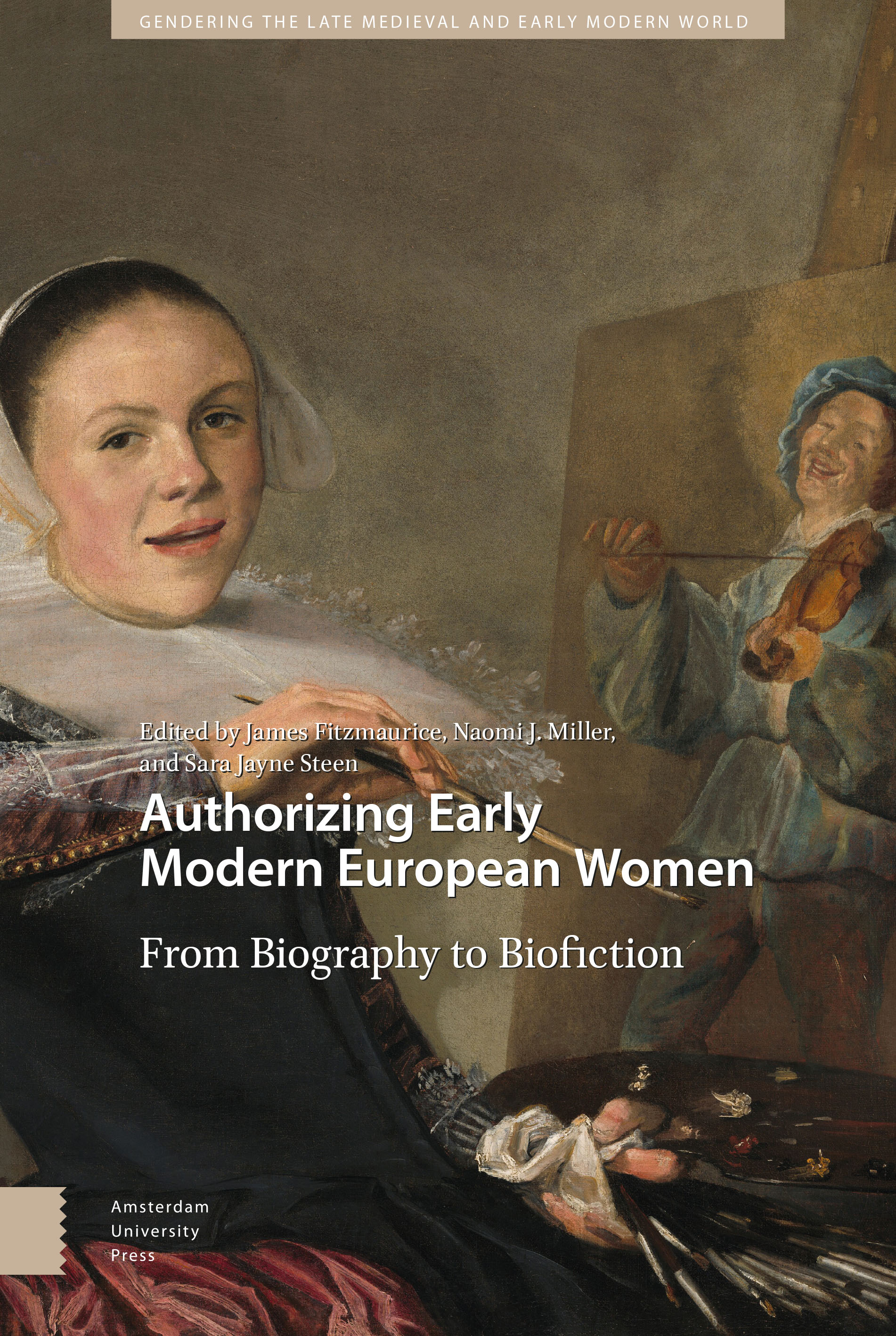1 - “Introduction: Biography, Biofiction, and Gender in the Modern Age”
Published online by Cambridge University Press: 16 December 2021
Summary
Abstract
Focusing attention upon early modern European women as creators and practitioners, the essays in this volume examine women from saints to midwives, visual artists to writers, who authored their own visions and who have in turn been “authored” and “authorized” by modern writers interested in telling their stories in biographies and through fictionalizations. This opening chapter introduces the contemporary scholars and creative writers who are grappling with the challenges of re-creating early modern women from Spain, Flanders, Scotland, England, Italy, the Netherlands, and Mexico (then New Spain); and provides a framework for their assessments from the emerging field of biofiction, or fictionalizations of actual figures.
Keywords: historical fiction, biofiction, gender, early modern women, biography, Michael Lackey
A surge in recent attention to the parameters of biofiction, thanks in large part to the pioneering work of Michael Lackey, has illuminated some of the tensions distinguishing critical reception of novels with that label. Indeed, it's not simply a matter of scholarship. When contemporary journalists respond to a literary genre with reporting that connects the challenges facing contemporary novelists with “ripped-from-the-headlines events,” their attention to the implications of biofiction has relevance for the general reader as well as the scholar. A case in point: Ron Charles, the Book World Critic for The Washington Post, broke a story in which the real lawyer Alan Dershowitz claimed a fictional lawyer had defamed him; Charles insisted that the “implications for novelists are very real.” Pointing out that novels that “borrow, embellish, and manipulate the details of well-known people's lives […] freely mingle fiction and nonfiction,” Charles drew a connection to the early modern world, where “the challenge of blending real and invented characters wasn't so theoretical for William Shakespeare,” whose powerful queen, Elizabeth I, might have responded definitively to a stage portrayal of her father (Charles).
Focusing on the distinctions between historical and biographical novels, Michael Lackey has argued that whereas “the ideal character of a historical novel,” according to Georg Lukács's 1937 definition, is “supposed to symbolically represent […] the objective social and political forces of the age,” biographical novelists “gravitate towards quirky characters that defy their age and function as forward-thinking agents of change” (2017, p. 4).
- Type
- Chapter
- Information
- Authorizing Early Modern European WomenFrom Biography to Biofiction, pp. 13 - 20Publisher: Amsterdam University PressPrint publication year: 2021

